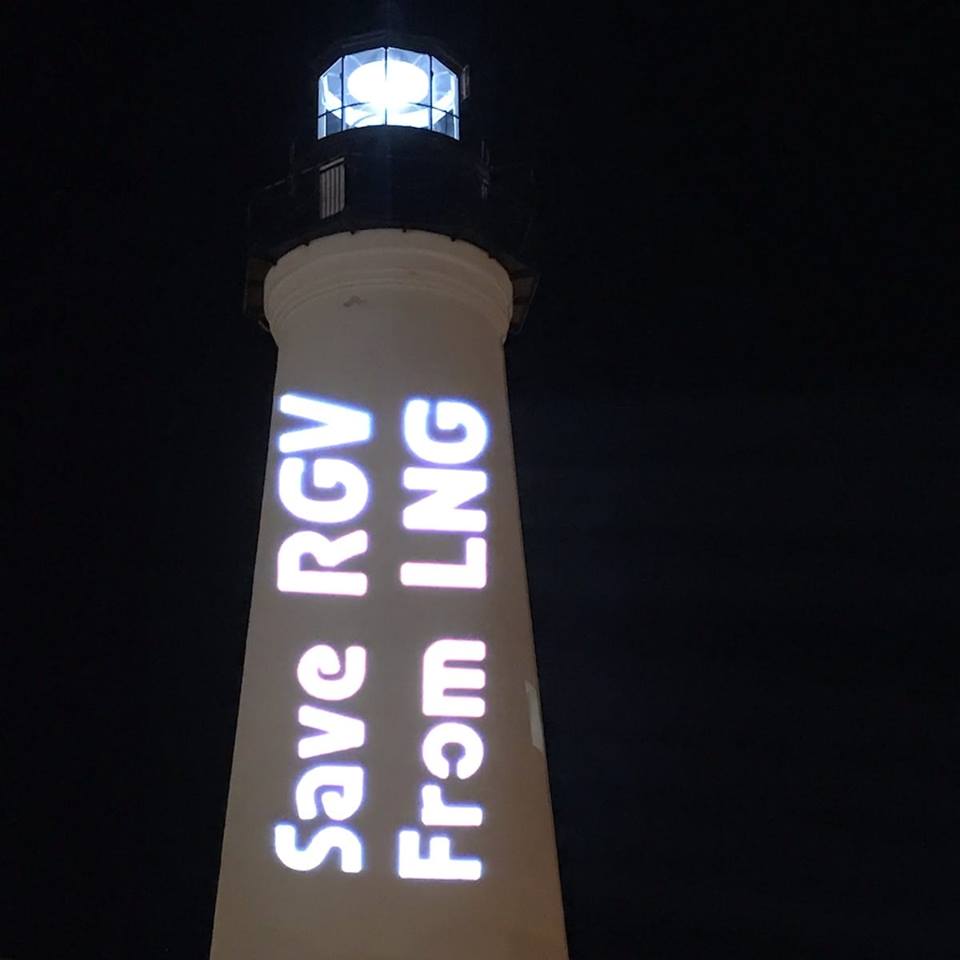
Today, the Federal Energy Regulatory Commission (FERC) released the final environmental impact statement (EIS) for the proposed Texas LNG fracked gas export terminal. Texas LNG is one of three fracked gas export terminals proposed for the Rio Grande Valley, the cumulative impacts of which could be devastating for local communities and industries like eco-tourism and shrimping that rely on a pristine coastline.
In the EIS, FERC recognizes that the project will have wide-ranging adverse environmental impacts. FERC attempts to downplay them by arguing that they will be mitigated or insignificant, despite the fact that there is no plan for mitigating impacts to wetlands, and that the U.S. Fish and Wildlife Service appears not to have even begun its analysis of impacts to endangered species.
“If permitted and built, the Texas LNG and the two other proposed LNG export terminals would be an environmental disaster for the Rio Grande Valley,” said Sierra Club Brownsville Organizer Rebekah Hinojosa. “The LNG terminals would turn our pristine coastline into a network of industrial processing plants with flammable pipelines, towering storage tanks, flare stacks, and massive tanker ships. We don’t want our community to be sacrificed for dirty fracked gas to be shipped overseas, and that’s exactly what will happen if these LNG terminals get built. Local residents have been resisting these dangerous LNG projects at every step of the permitting process, and we have no plans to stop now.”
“Texas LNG plans to destroy a sacred indigenous site called ‘Garcia Pasture’ that has the remains of our ancestors and villages. The Federal Energy Regulatory Commission should reject the permit for Texas LNG because of this blatant environmental racism. It would result in the destruction of this sacred place and the cultural heritage of the indigenous Carrizo Comecrudo Tribe people,” said Juan Mancias, Chairman of the Carrizo Comecrudo Tribe of Texas. “The Tribe is opposed to Texas LNG and the fracked gas industry which threatens the health, safety, and livelihood of our people.”
FERC is expected to make a final decision on the necessary permit for the project within the coming months, but still requires a “biological opinion” from the U.S. Fish and Wildlife Service before it can proceed.
Photo: Save RGV From LNG